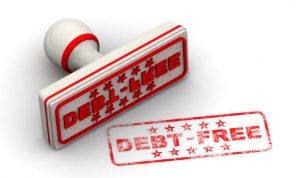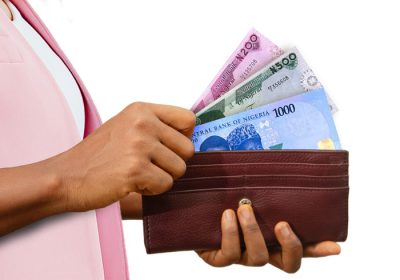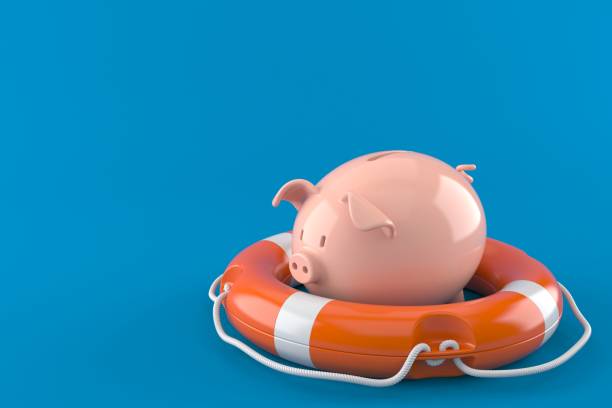One significant harsh reality that comes with adulting is that you automatically realize that life can hit you in so many ways, especially in your finances. You could wake up one day and realize your car needs a significant repair or your gas cooker could run out when you’re about to make dinner. These events are mostly unpredictable, and that’s why you need a contingency plan- your emergency funds.
An emergency fund is a cash reserve that exists to cover any unexpected financial issue that could come up. This stash of cash must be accumulated over time by you, as they will help you out in your time of need. Think of an emergency fund as an umbrella to keep you dry during a torrential downpour or as a friend who can always help you with cash when life tries to play a fast one on you.
Why Else Do You Need an Emergency Fund?
1. It Gives You Peace of Mind
When you’ve stashed some money away for contingencies, you have a level of confidence and assurance that you can weather any storm. Not having an emergency fund, on the other hand, puts you at risk, making you more stressed out when unexpected life situations come up.
2. It Helps You Avoid Debt
If you don’t have an emergency fund, you might have to resort to borrowing money from friends and family to help you cover these expenses. The last thing you need is the burden of paying off loans and landing in a tight financial situation.


Top Flexxzone Picks
3 Crucial Things You Must Not Do With Your Savings
Setting The Right Monthly Budget
Making Your Money Work For You
3. It Aids Financial Discipline
Keeping an emergency fund helps you to stay disciplined with your finances. By having some money put away and out of immediate reach, you can avoid irresponsible and frivolous spending.
How To Build An Emergency Fund:
1. Create An Account
Create a specific account dedicated to storing your emergency funds alone. Make sure you are very disciplined when using this account.
2. Decide Your Savings Goal
The “rule of thumb” is to save at least three to six months of your living expenses. You should create a separate account to house these funds, and you should also ensure you do not spend it; it’s best to start putting the money away when you get your monthly income. Decide the exact income and save it, instead of using whatever is left in your account.
3. Save Unexpected Cash
In other words, you should stash your ‘awoof’ money’- cash gifts, winnings and more. This is also known as ‘windfall cash’. You should save money like this because you might be tempted to spend it all on frivolous expenses. If you were saving and surviving without it, it definitely wouldn’t affect you if you put it away.
4. Review Your Budget
Give your budget a close look and cut out the unnecessary expenses. Any amount of money allocated to extravagant costs should be removed and added to your emergency fund.
5. Multiply Your Funds
Instead of merely storing your money, it’s advisable to put it in a high-yield savings account, mutual funds, investment plans and more. By doing this, you’ll be growing your cash and gaining interests from your investments.
Did you find this article helpful? Share with your friends!





























Leave a Reply